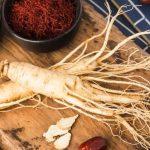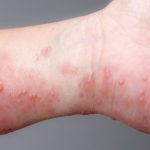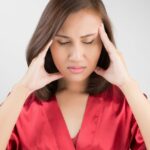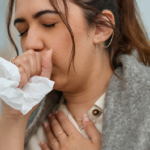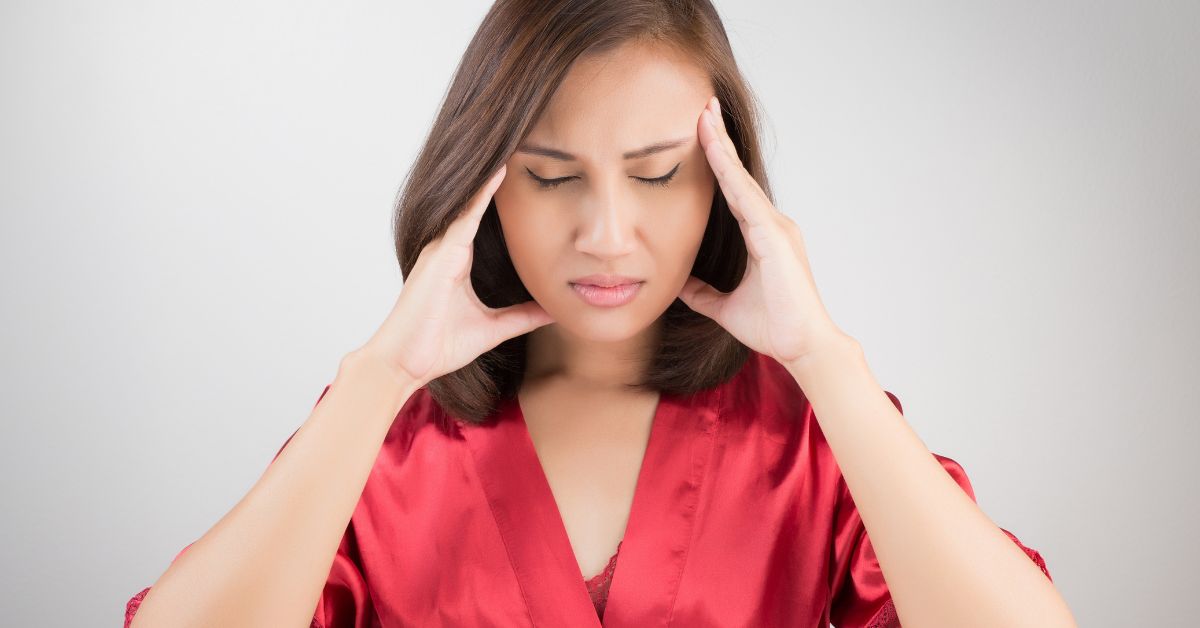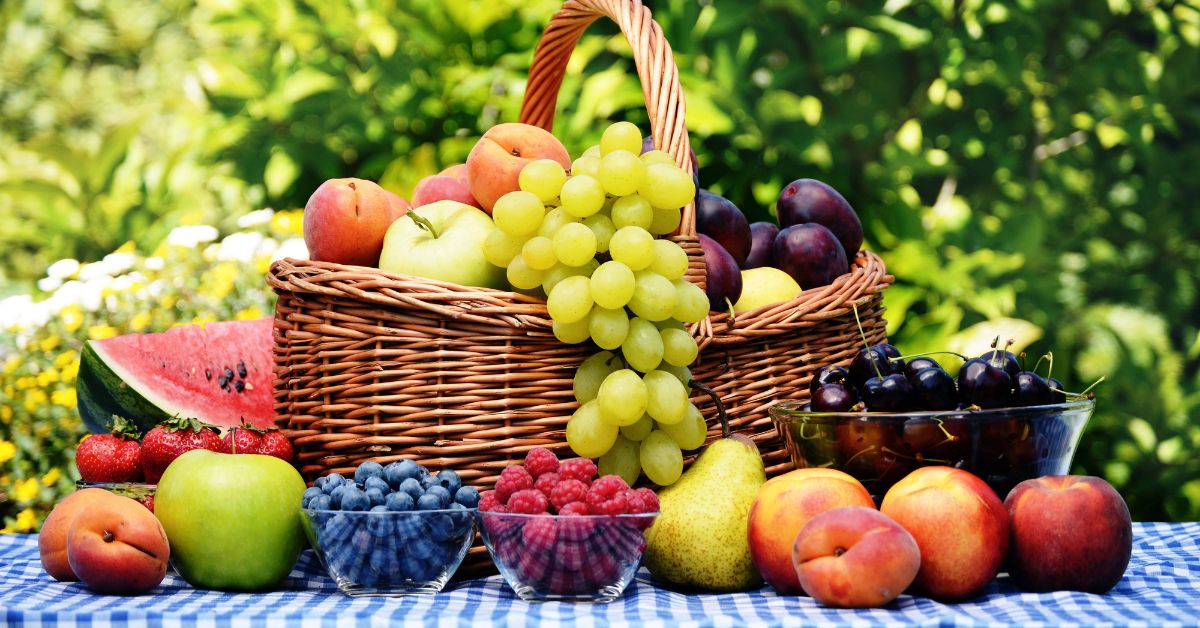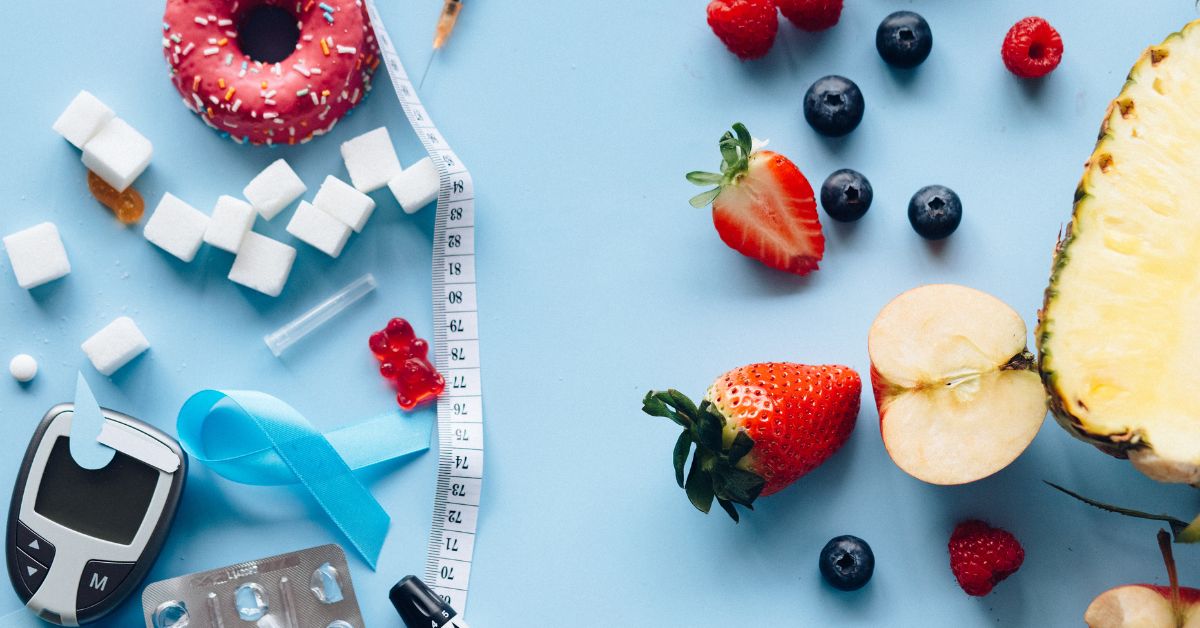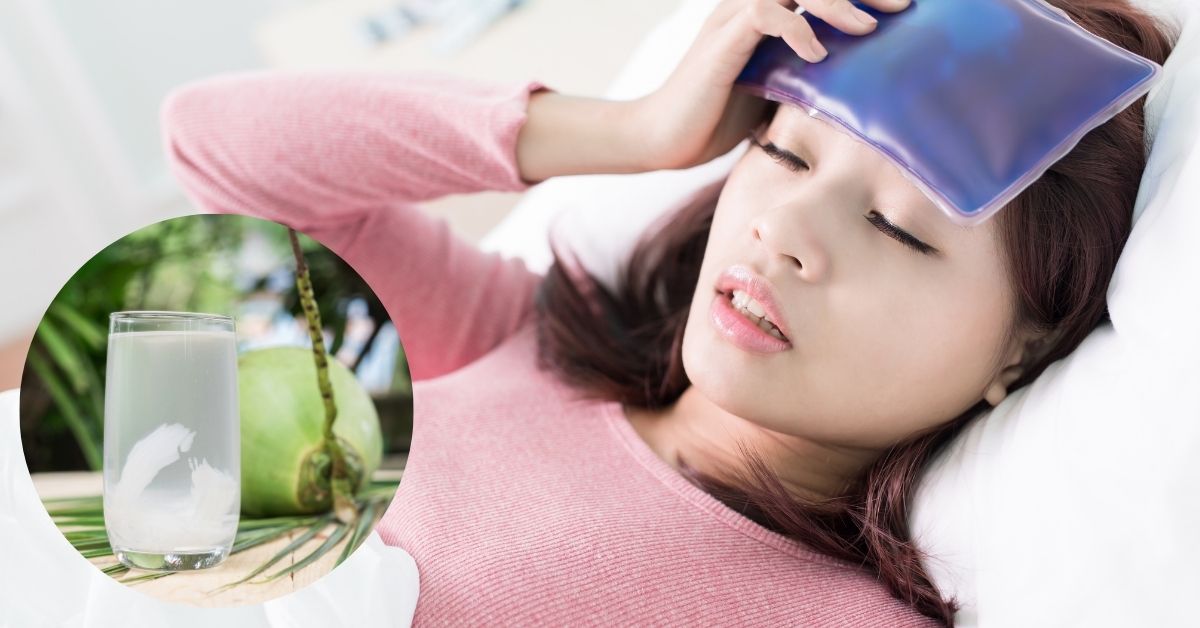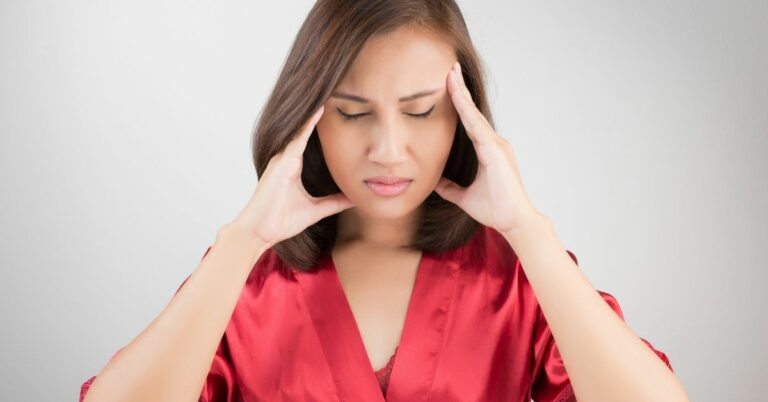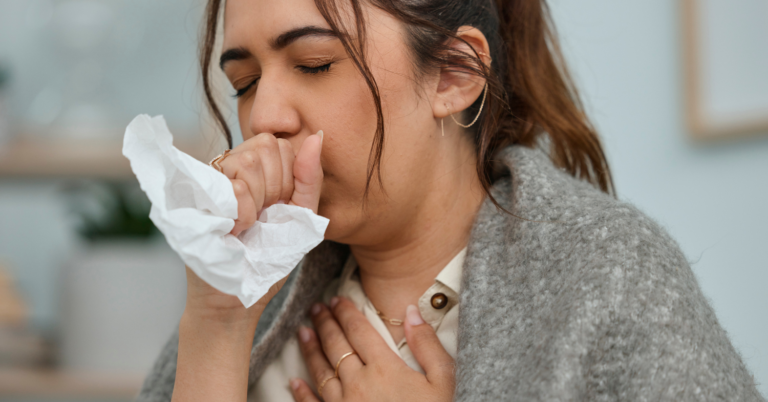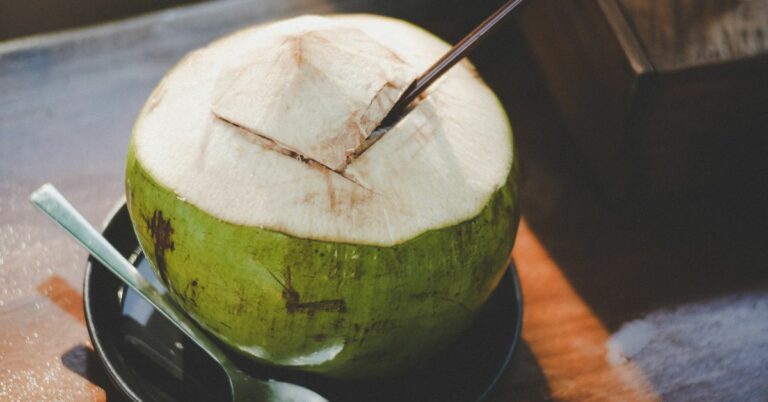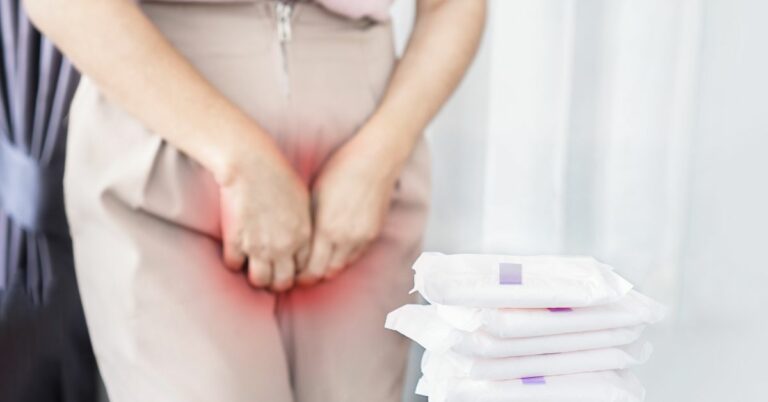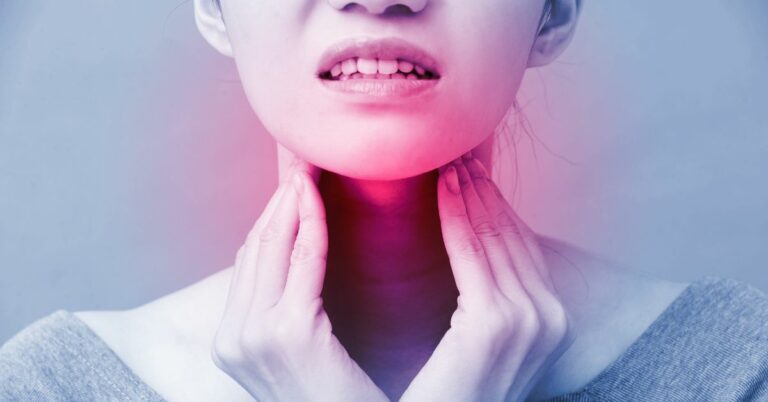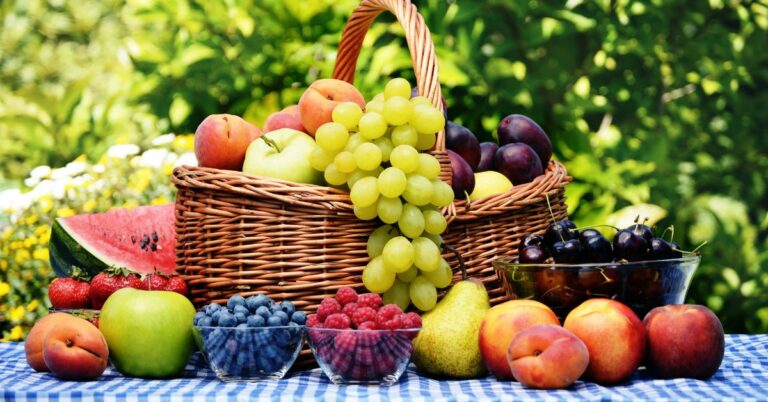Every month, a woman’s body becomes extremely sensitive during the menstrual period. Depending on factors such as health and physique, individuals may experience different symptoms. Some may have back pain, others may experience headaches, and some may even suffer from menstrual cramps. Therefore, maintaining a diet rich in essential nutrients for the body during these days is crucial. Let’s explore what to eat during menstrual cramps in the following article.
Do Certain Foods Truly Alleviate Menstrual Cramps?
Menstrual cramps are considered a common symptom that most women experience during their menstrual cycle. When the uterus contracts, the compressed blood vessels may not supply enough blood to the cervix, leading to abdominal pain or lower back pain. According to the American College of Obstetricians and Gynecologists, more than half of women experience menstrual cramps for about 1 to 2 days at the beginning of their menstrual cycle.
It is noteworthy that dietary habits play a significant role in reducing pain. Some foods containing essential nutrients can help alleviate discomfort and reduce other symptoms such as stiffness, fatigue, and pain. For those experiencing severe menstrual cramps that impact daily activities and cause concern, seeking advice from healthcare professionals is recommended if symptoms do not consistently improve or worsen.

What to eat during menstrual cramps to improve the health condition?
What to Eat During Menstrual Cramps?
For the question of what to eat during menstrual cramps, there are several recommended foods by healthcare professionals:
1. Eat plenty of vegetables
Consuming a variety of vegetables provides fiber, antioxidants, and essential vitamins. Increased vegetable intake helps with metabolic processes, minimizing the risk of abdominal pain.

When experiencing menstrual cramps, women should consume plenty of light and nutritious foods
2. Drink herbal tea
Research suggests that hot herbal teas such as ginger, peppermint, berry, cinnamon, or warm lemon water may improve blood circulation, muscle relaxation, and reduce menstrual cramps in women.
3. Stay hydrated
Healthcare providers often advise women to drink plenty of water, especially during menstruation. A study with over 140 women found that those who consumed more water reported less abdominal pain and had lower reliance on pain relievers compared to others.
4. Eat various seeds
Seeds such as sunflower seeds and cashews contain minerals like iron and magnesium. Consuming these seeds during the menstrual cycle can replenish depleted blood and provide ample fiber, aiding digestion and preventing digestive disorders that may contribute to abdominal pain.
5. Consume eggs
Eggs, rich in protein, can effectively reduce menstrual cramps. The presence of vitamin B6, vitamin E, and vitamin D in eggs contributes essential nutrients to the body during this sensitive period.
6. Indulge in dark chocolate
Scientifically, dark chocolate with at least 70% cocoa contains antioxidants, fiber, and essential nutrients like iron, zinc, magnesium, and potassium. Women experiencing menstrual cramps are encouraged to consume dark chocolate as it supports blood circulation, replenishing lost blood during the menstrual cycle.
What Not to Eat During Menstrual Cramps?
Apart from understanding what to eat, women should also be aware of foods to avoid during their menstrual cycle:
1. Spicy and salty foods
Spicy foods may cause discomfort in the stomach and lead to symptoms such as indigestion, diarrhea, or even nausea. Excessive salt intake can contribute to water retention, causing bloating and exacerbating menstrual cramps.
2. Excessively sweet foods
While consuming a moderate amount of sugar is acceptable, excessive sugar intake can lead to a sudden surge in energy, negatively affecting mood.
3. High-fat foods
Women should avoid high-fat foods like fried chicken, French fries, fast food, or sugary sodas during their menstrual cycle, as these can impact hormonal balance, potentially worsening abdominal pain.
4. Limit alcohol, beer, and caffeine intake
Alcohol and beer should be avoided during menstruation, as they may lead to significant dehydration, exacerbating uncomfortable symptoms such as headaches, bloating, and menstrual cramps. Caffeine can also cause water retention and bloating, intensifying headaches and cramps.

Beer and alcohol can lead to severe dehydration in the body
In summary, understanding what to eat during menstrual cramps and what to avoid during menstrual cramps can contribute to better management of discomfort. It is essential to maintain a balanced and nutritious diet while seeking medical advice if menstrual symptoms persist or worsen, ensuring women’s reproductive health.
Kiểm Duyệt Nội Dung
More than 10 years of marketing communications experience in the medical and health field.
Successfully deployed marketing communication activities, content development and social networking channels for hospital partners, clinics, doctors and medical professionals across the country.
More than 6 years of experience in organizing and producing leading prestigious medical programs in Vietnam, in collaboration with Ho Chi Minh City Television (HTV). Typical programs include Nhật Ký Blouse Trắng, Bác Sĩ Nói Gì, Alo Bác Sĩ Nghe, Nhật Ký Hạnh Phúc, Vui Khỏe Cùng Con, Bác Sỹ Mẹ, v.v.
Comprehensive cooperation with hundreds of hospitals and clinics, thousands of doctors and medical experts to join hands in building a medical content and service platform on the Doctor Network application.







